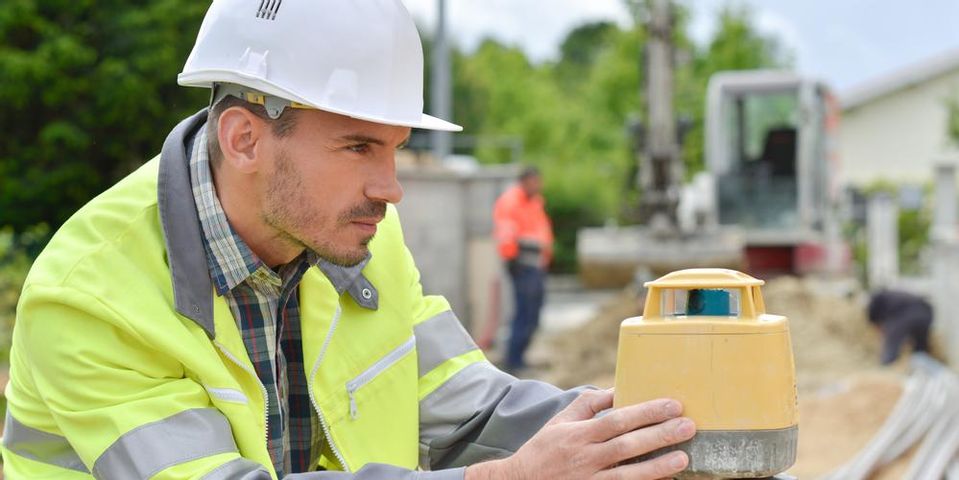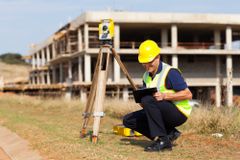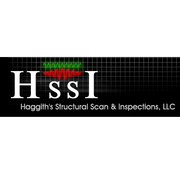3 Benefits of Using Ground-Penetrating Radar in Construction

Ground-penetrating radar (GPR) uses high-frequency radio pulses to detect structures and objects underground, creating a map or image of the subsurface for engineers and contractors. This nondestructive process offers an accurate view of a construction site that blueprints and schematics can’t achieve, identifying objects like ancient burial grounds, post-tension cables hidden by concrete, and underground utilities. If you’ve never relied on GPR before, consider these advantages of doing so for your next project.
3 Reasons to Use GPR on Your Next Construction Project
1. Cost-Effective
Before ground-penetrating radar was invented, engineers relied on excavation to determine what lies beneath the surface. Excavation is an expensive and time-consuming endeavor, and it doesn’t always detect every object underground. GPR, by comparison, is faster, more accurate, and less costly. It can typically be completed in less than a day.
2. Can Be Used Anywhere
 The technology behind ground-penetrating radar is so advanced, it can be applied at any construction project for mapping purposes. GPR can penetrate most materials with few exceptions, such as some metals or water, but even then the reflected signals can be used to identify those obstructions.
The technology behind ground-penetrating radar is so advanced, it can be applied at any construction project for mapping purposes. GPR can penetrate most materials with few exceptions, such as some metals or water, but even then the reflected signals can be used to identify those obstructions.
3. Identifies Problems Before Construction Begins
Soil and erosion problems are commonly found at construction sites, but GPR can spot them before work begins, allowing contractors to address them before they cause delays and raise expenses. The high-resolution survey data collected through GPR is also easy for users to understand.
Haggith’s Structural Scan & Inspection in Kaneohe, HI, specializes in nondestructive inspection techniques such as ground-penetrating radar. They often assist with residential and commercial construction projects across Oahu, helping engineers and their crews identify rebar, conduits, voids, and other buried objects. Using state-of-the-art equipment, they can spot obstructions as deep as 18 inches in concrete structures. Call (808) 239-4330 or visit their website to learn more about their GPR services.
About the Business
Have a question? Ask the experts!
Send your question

